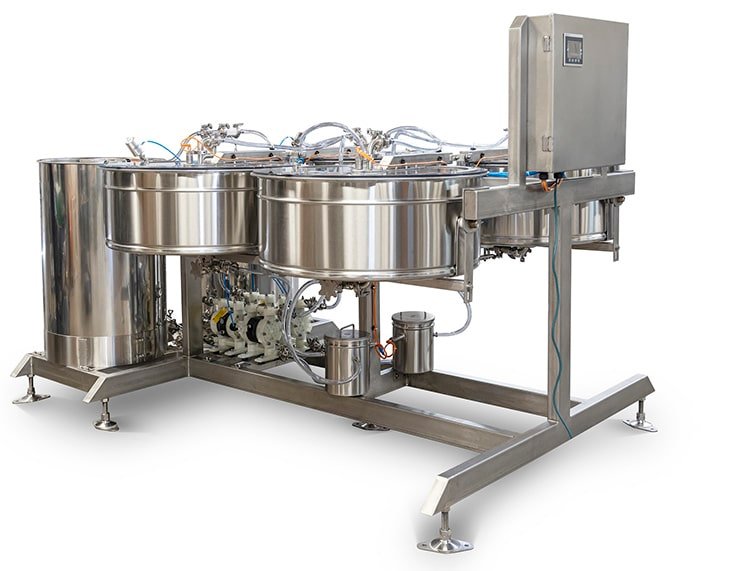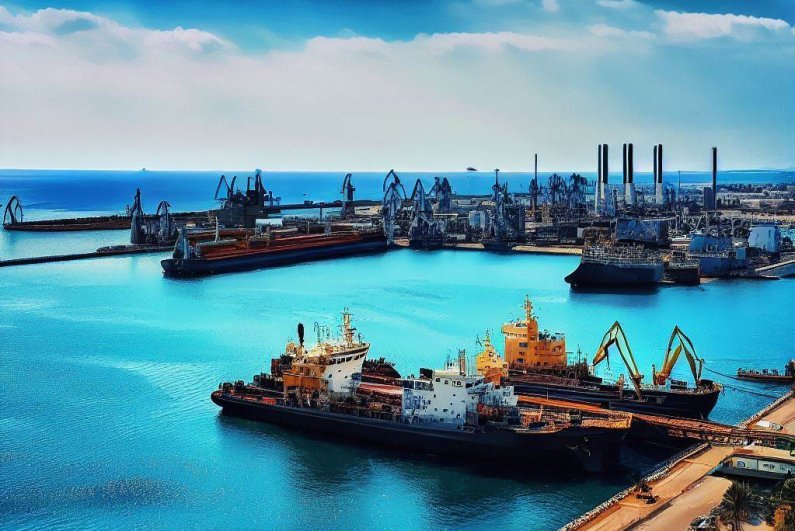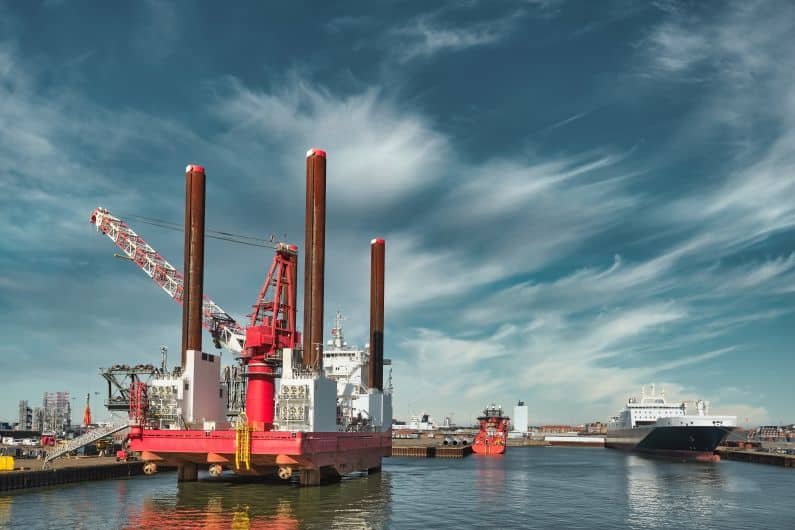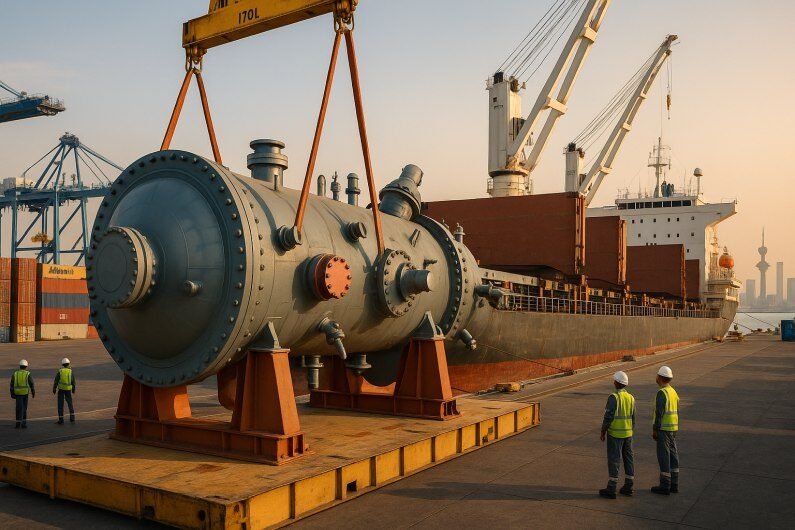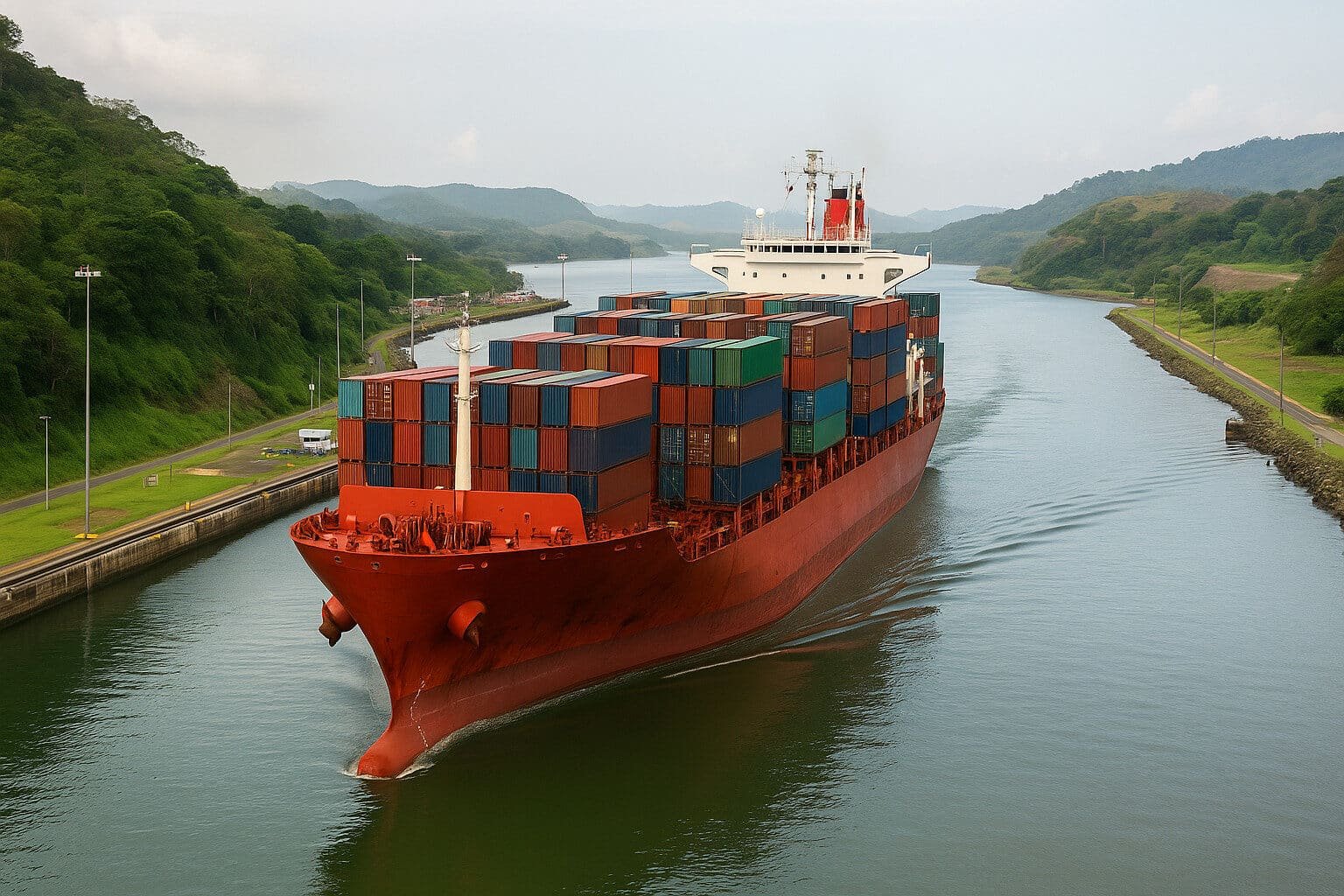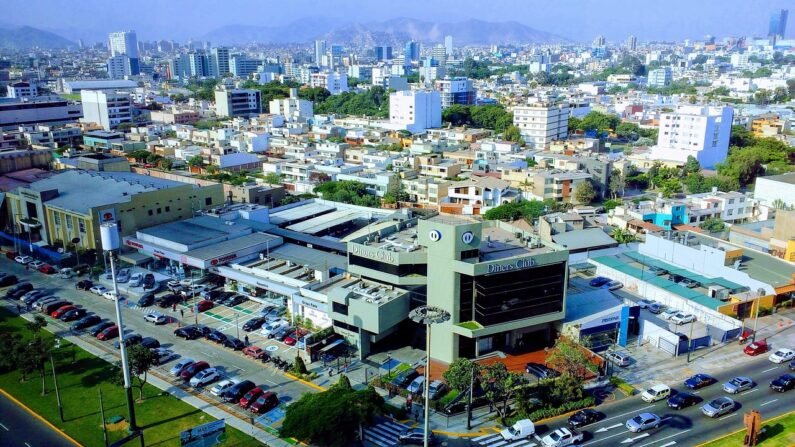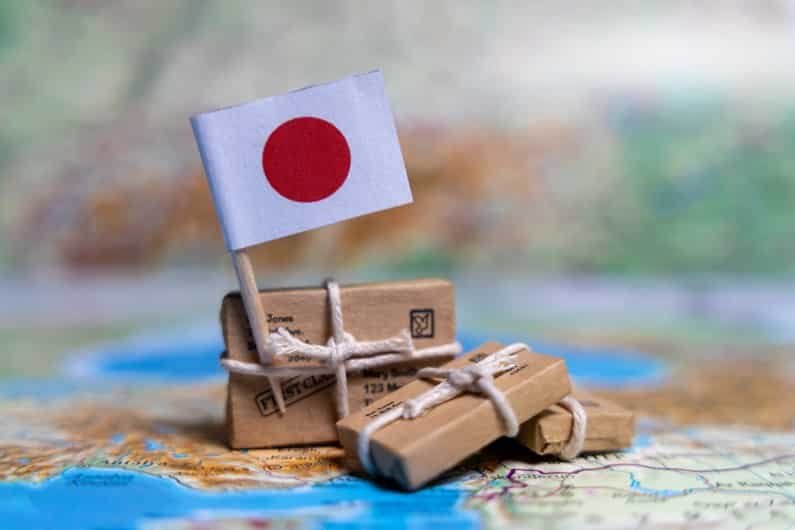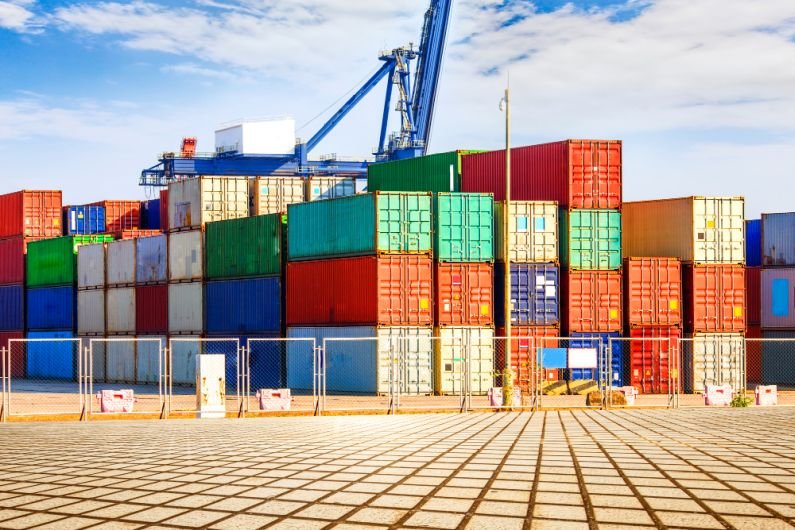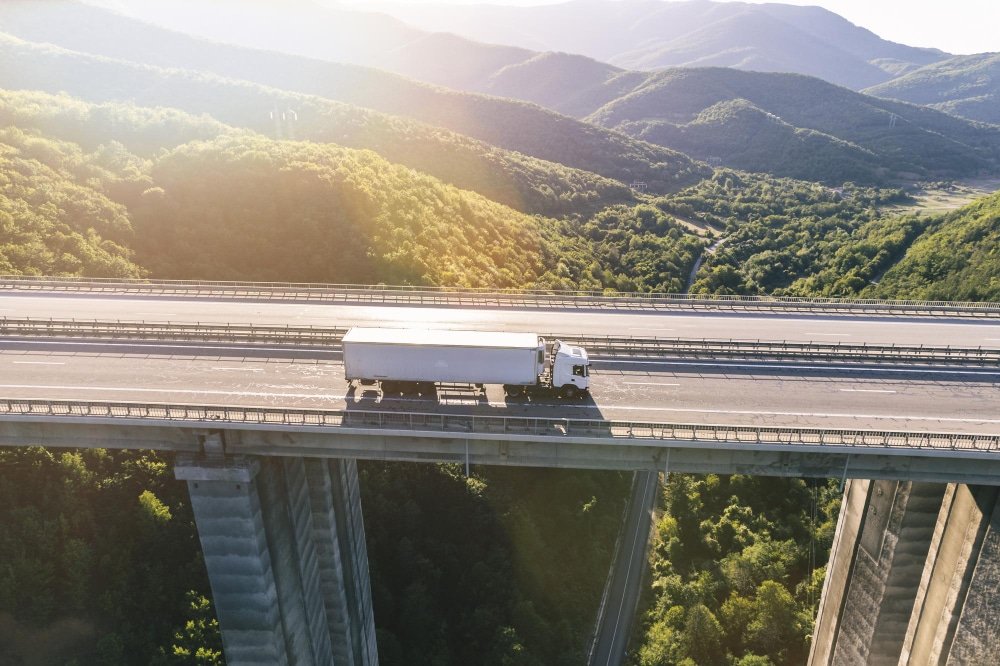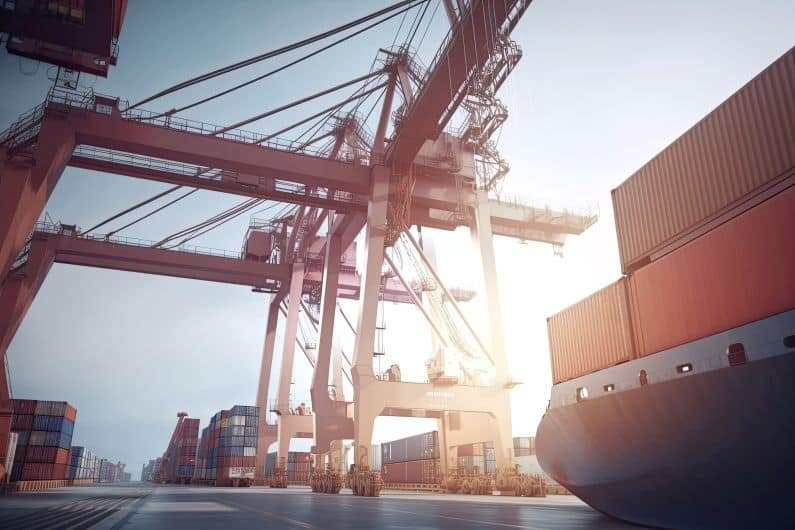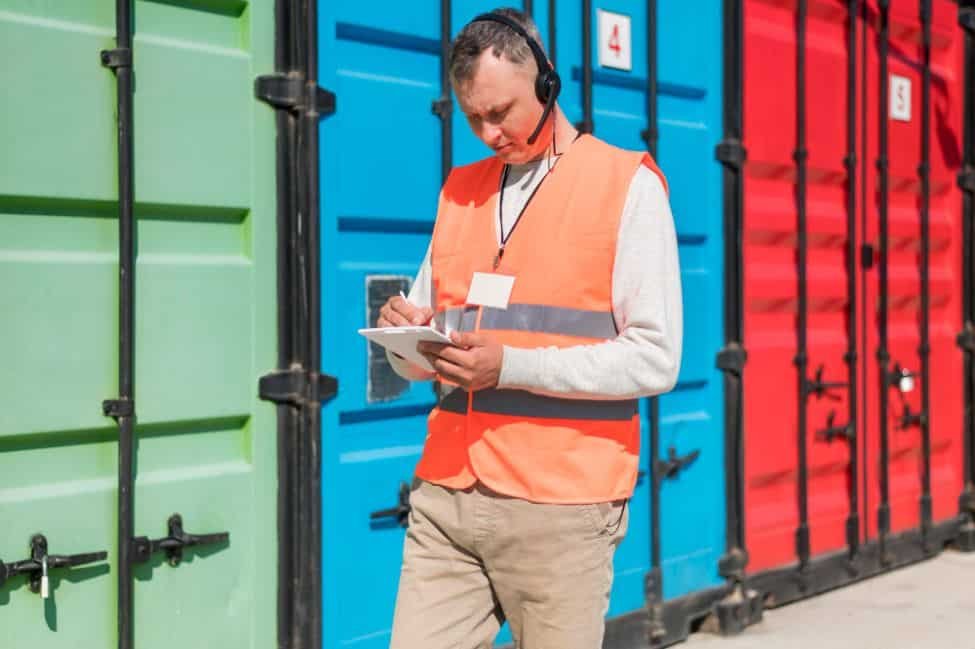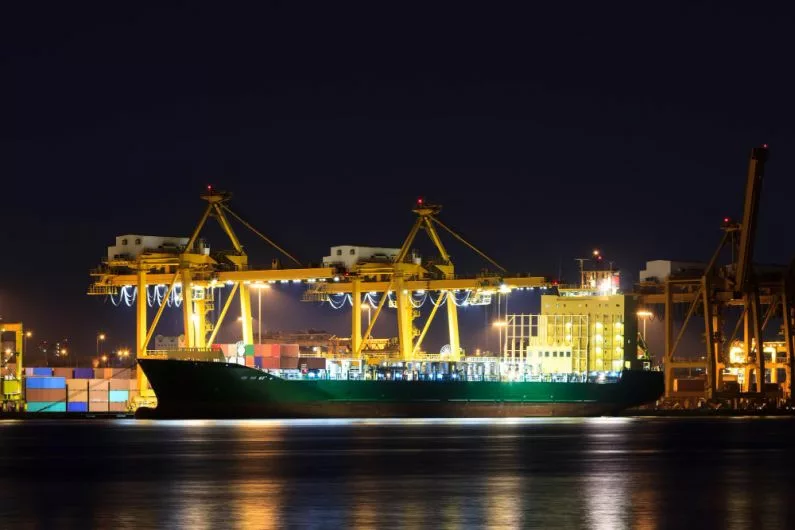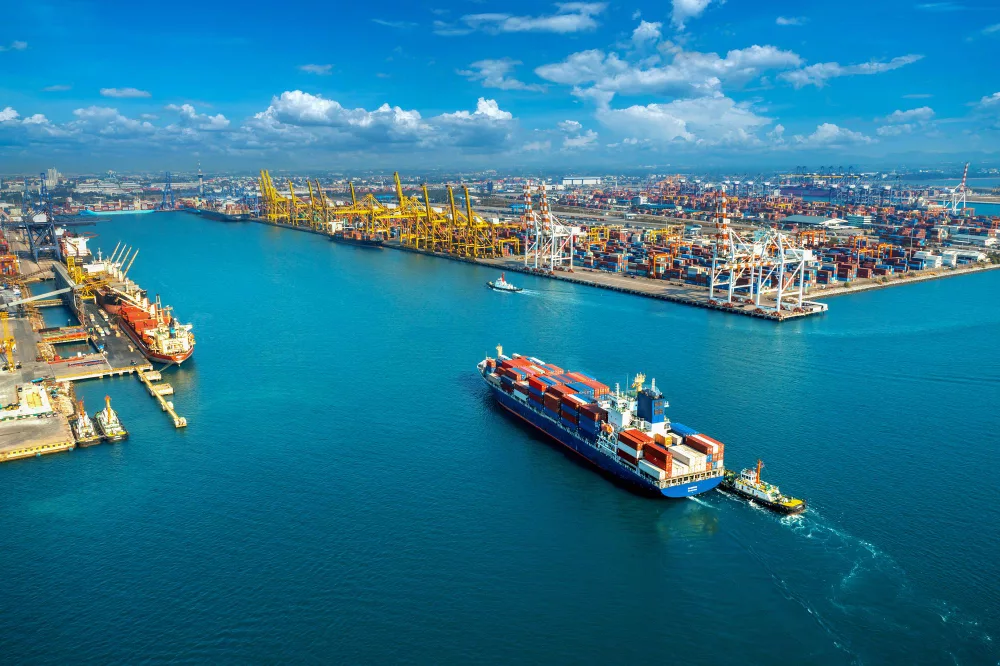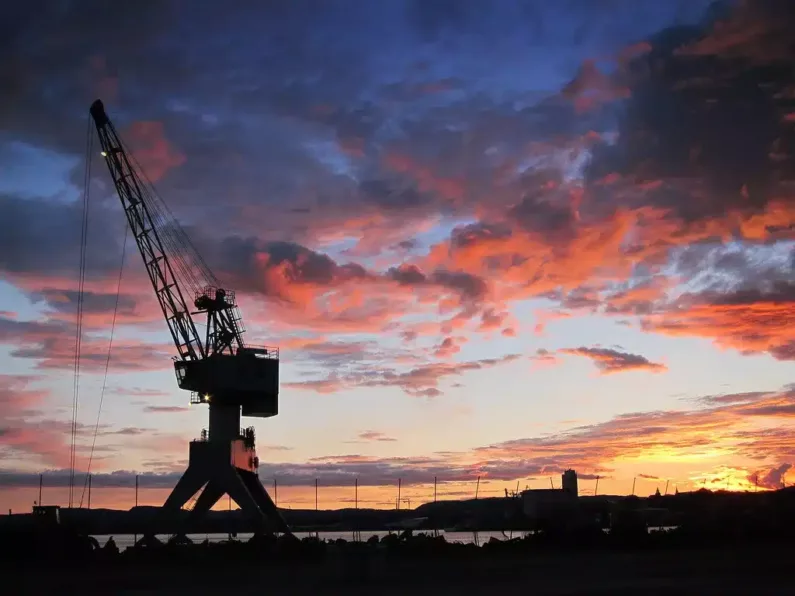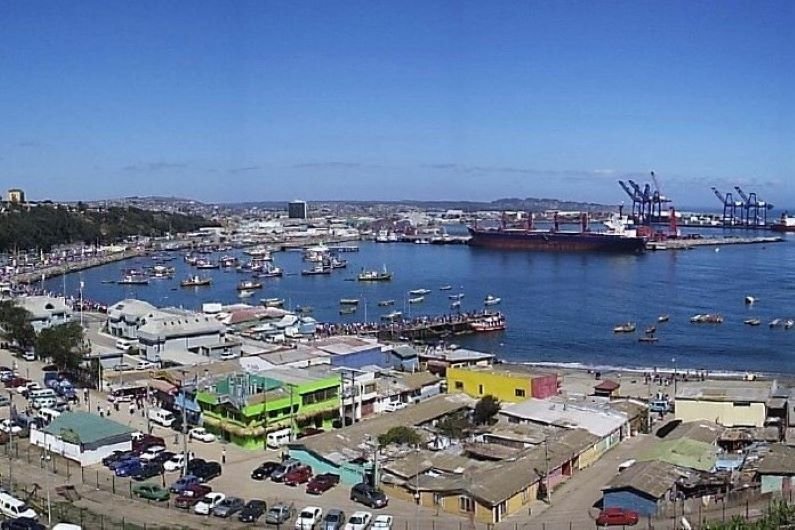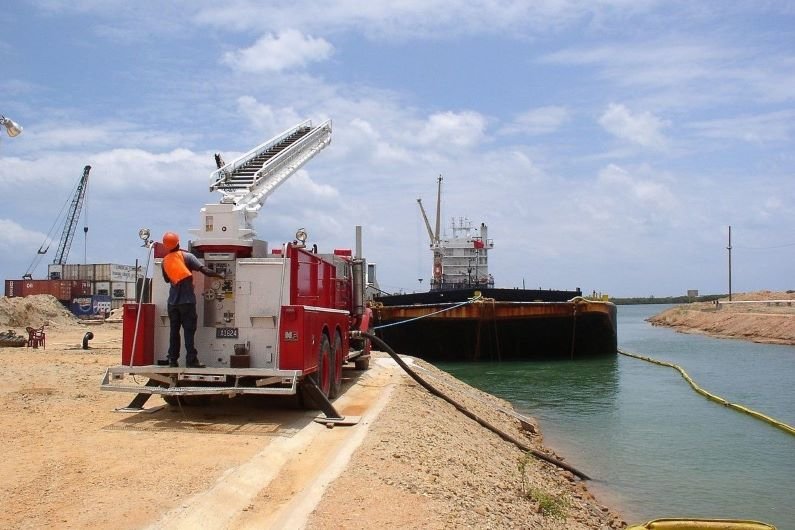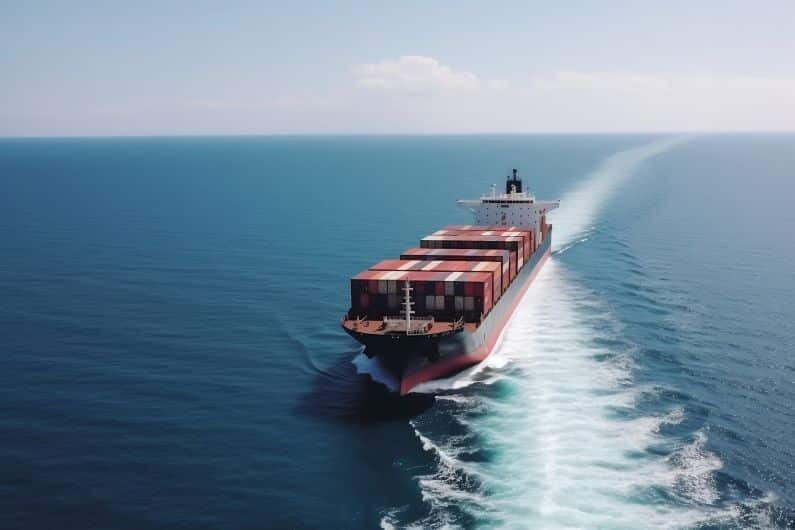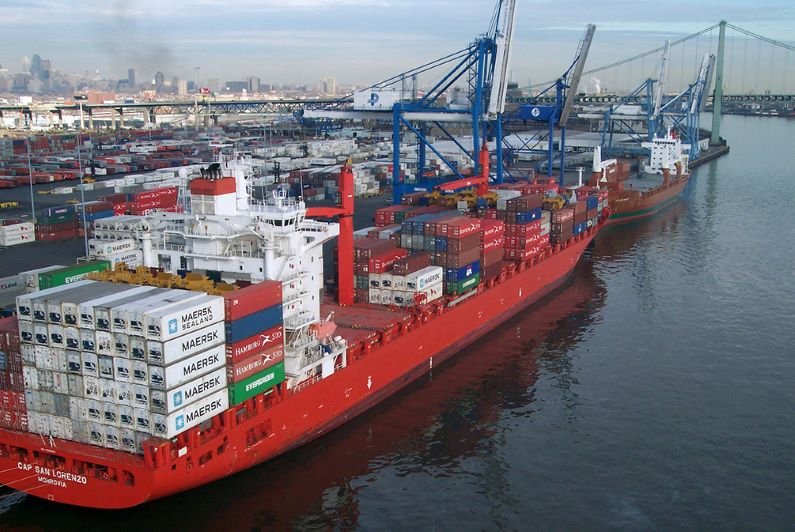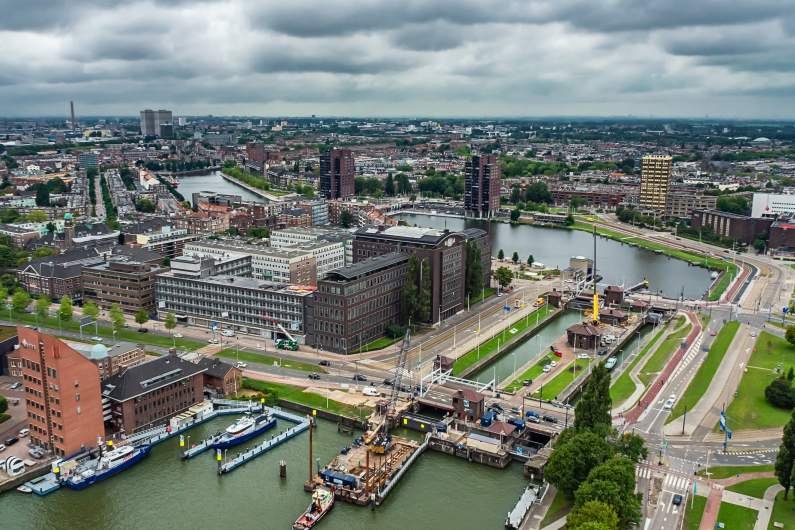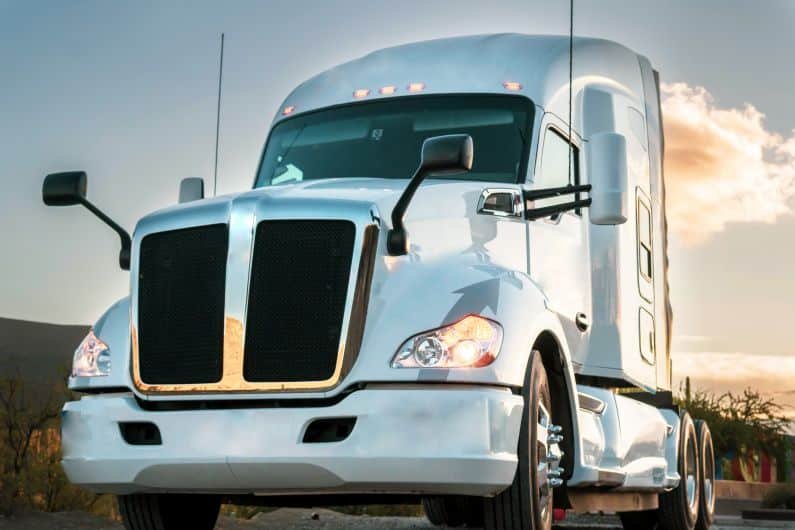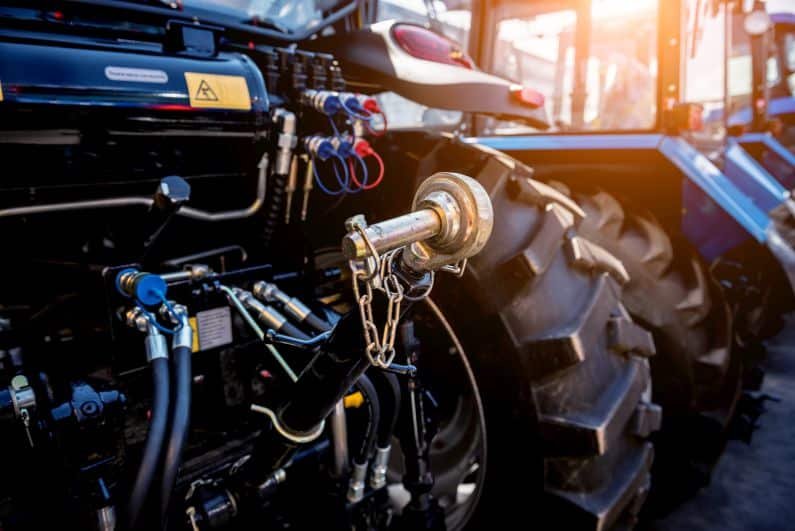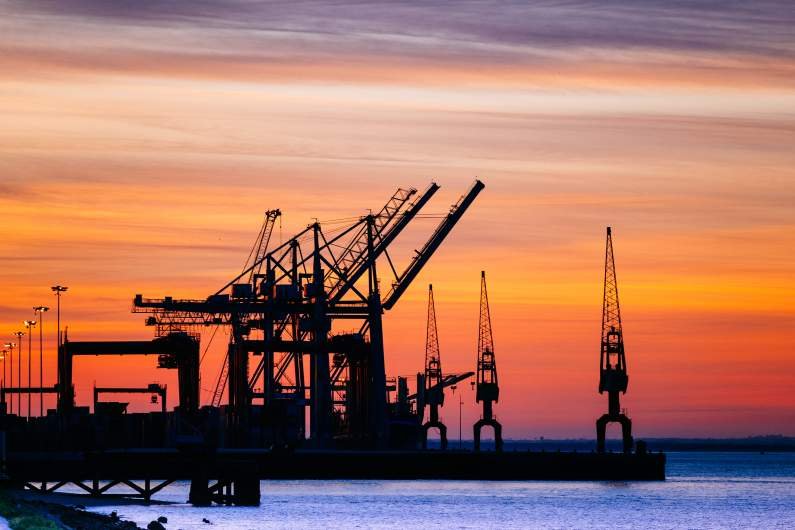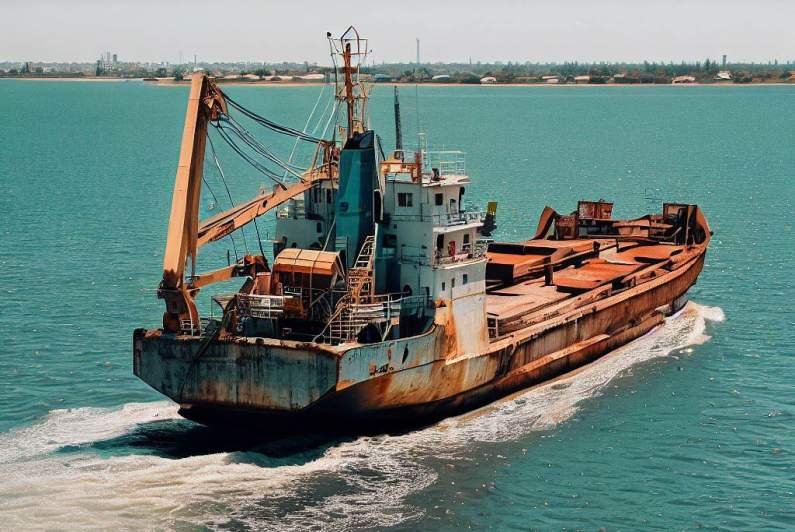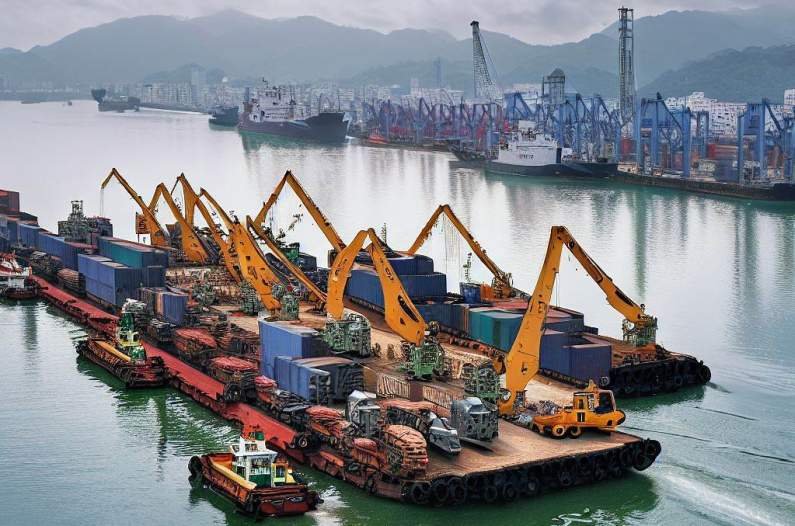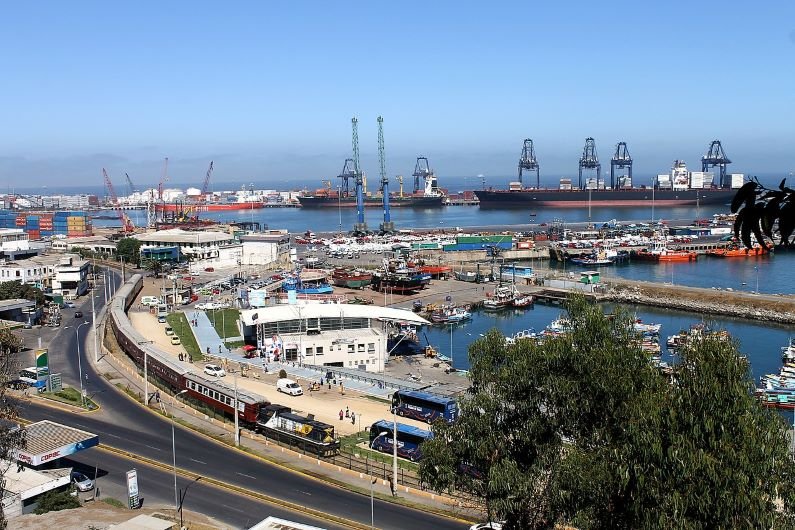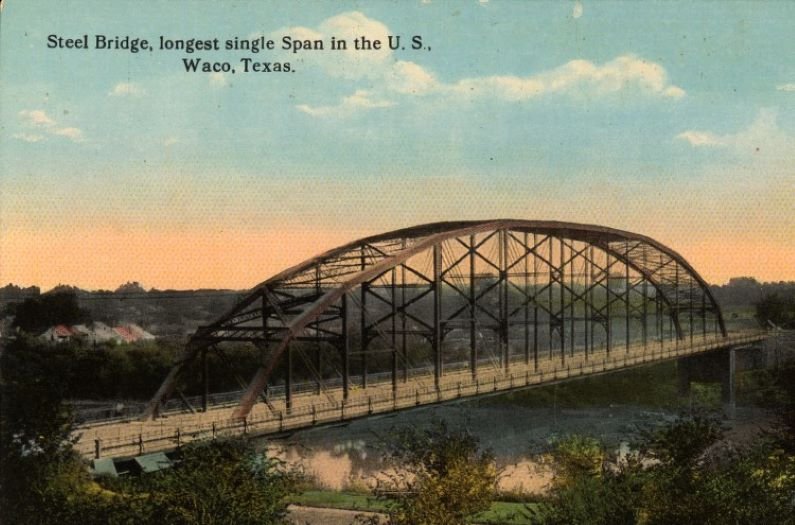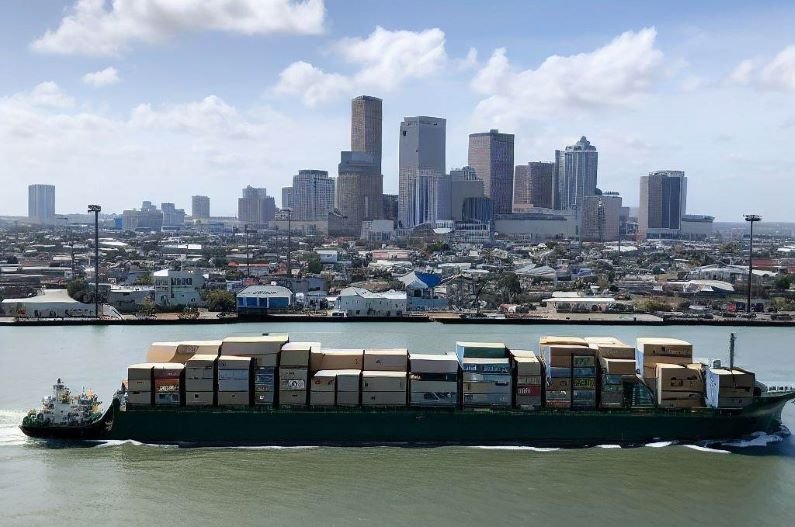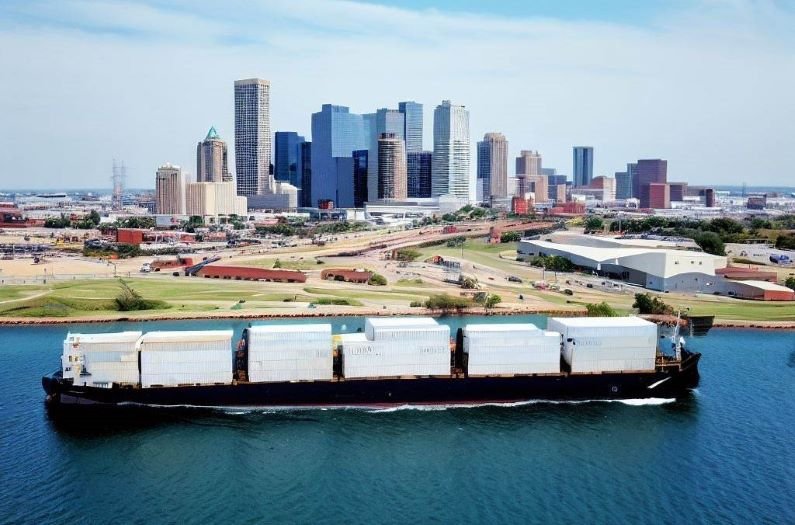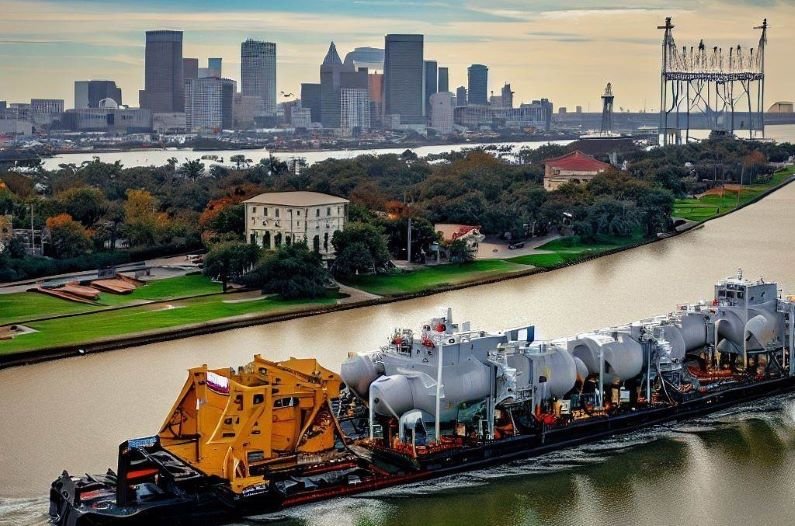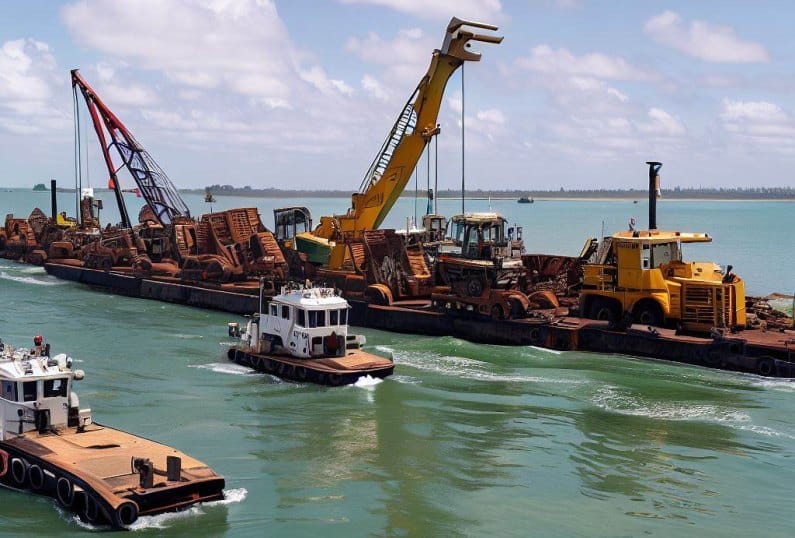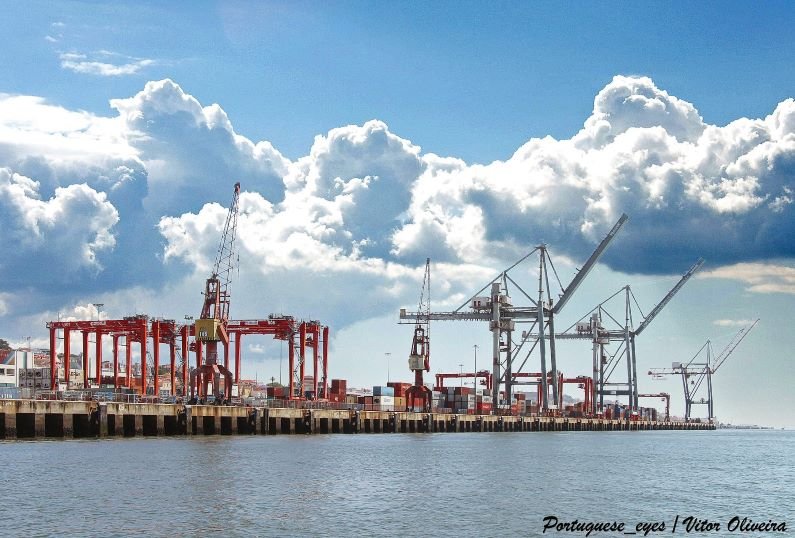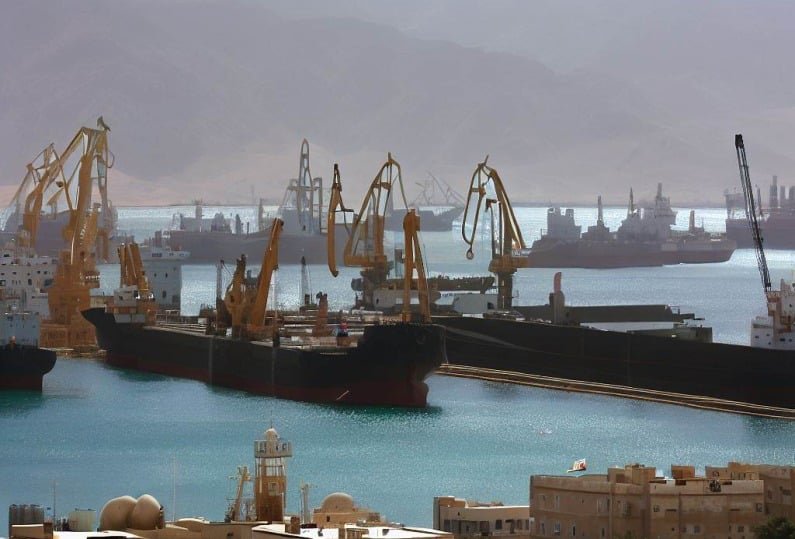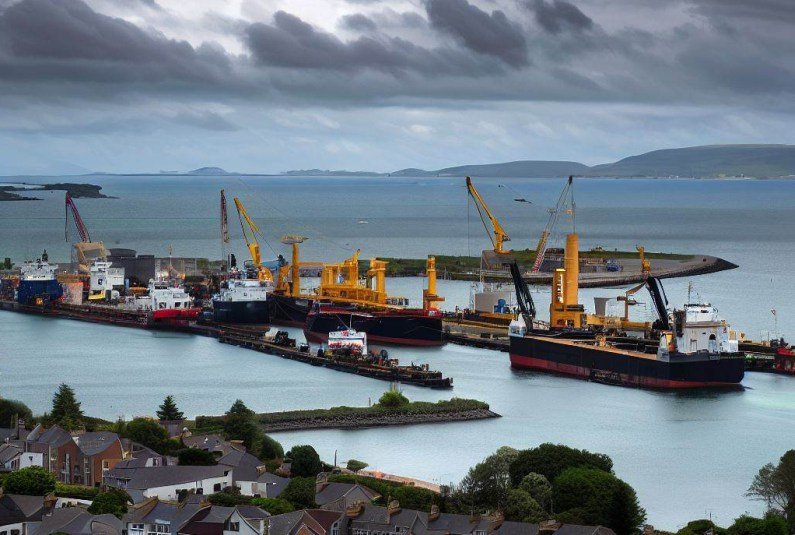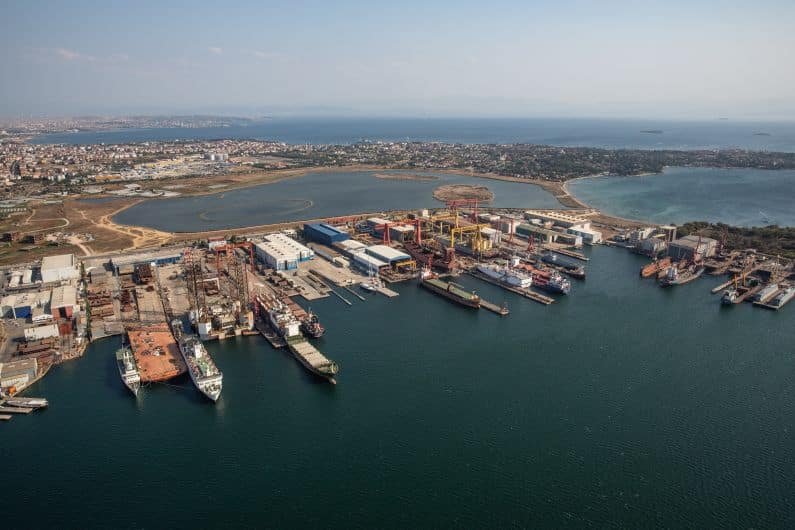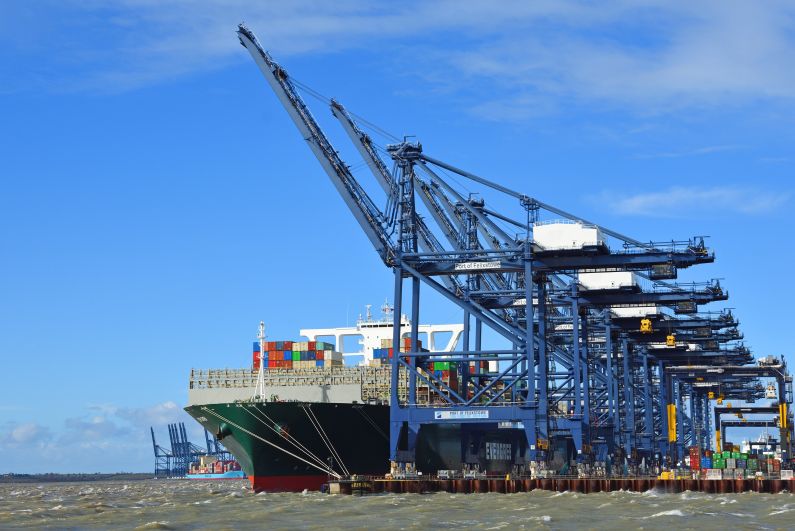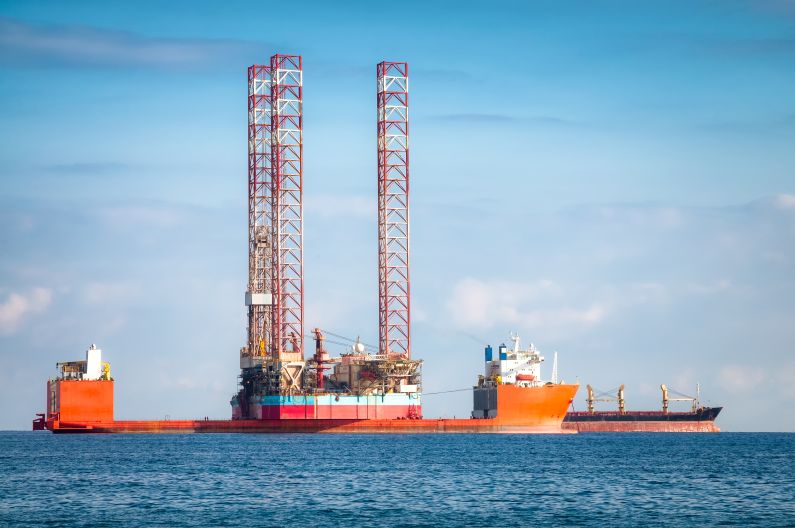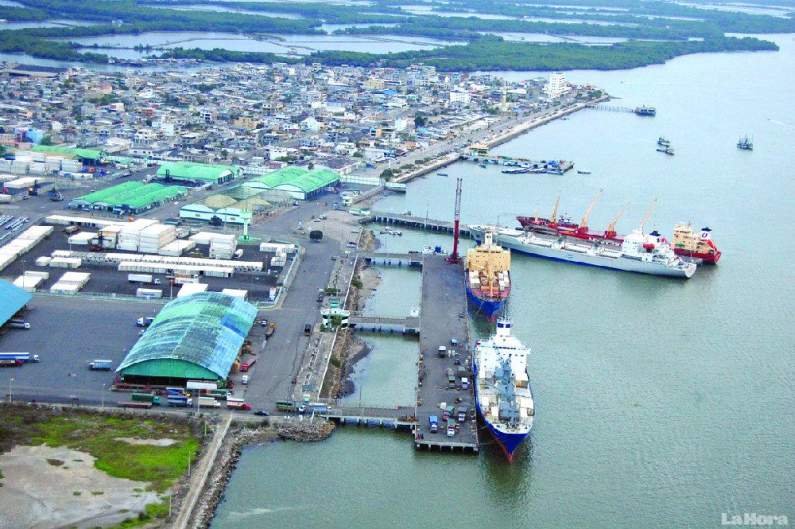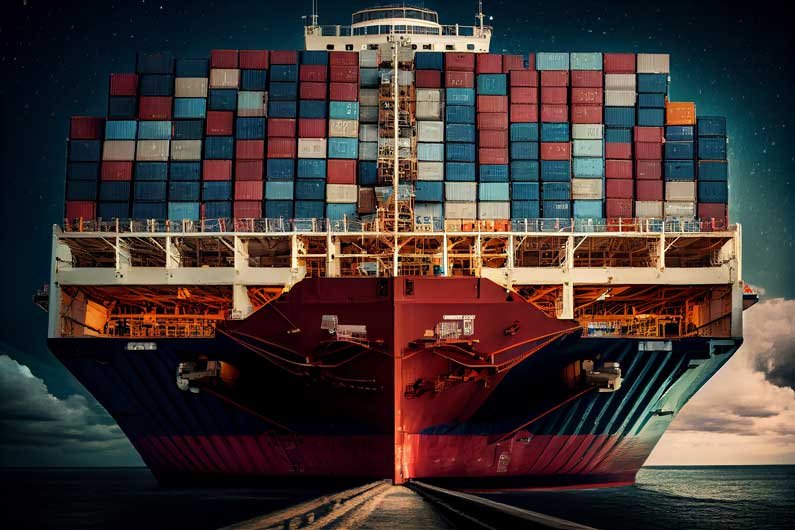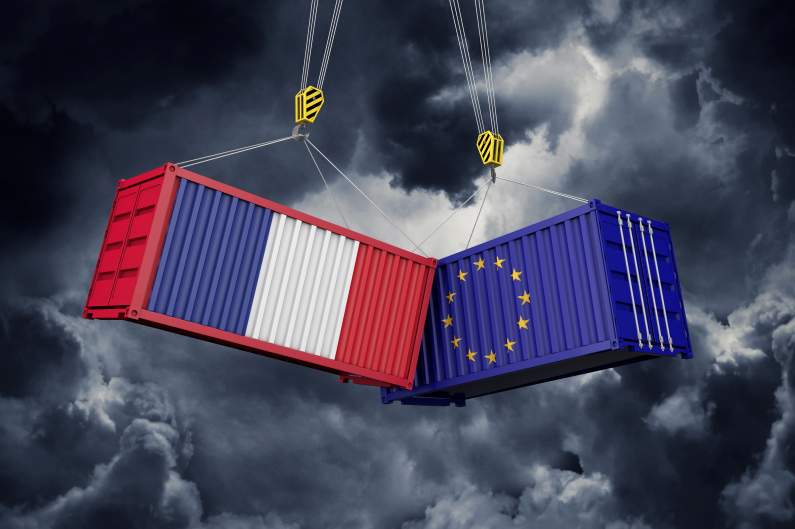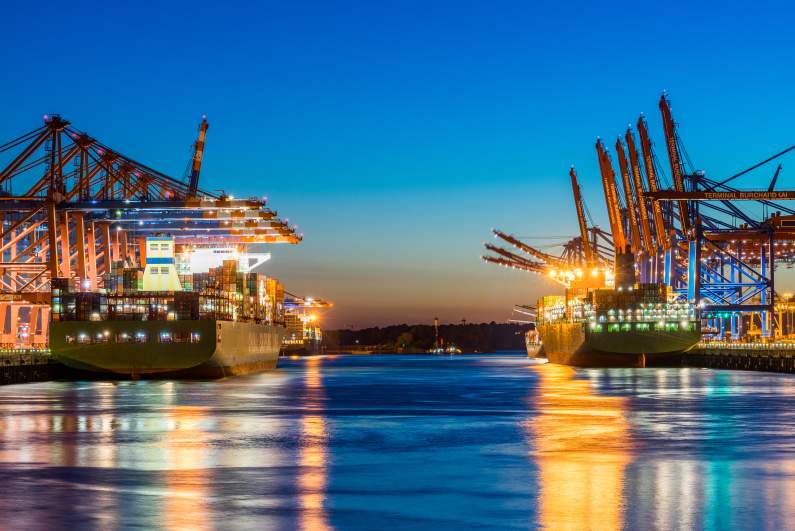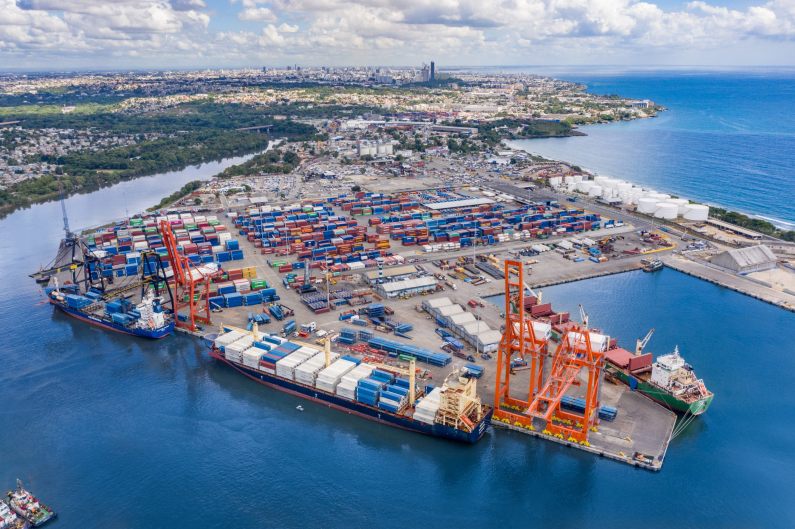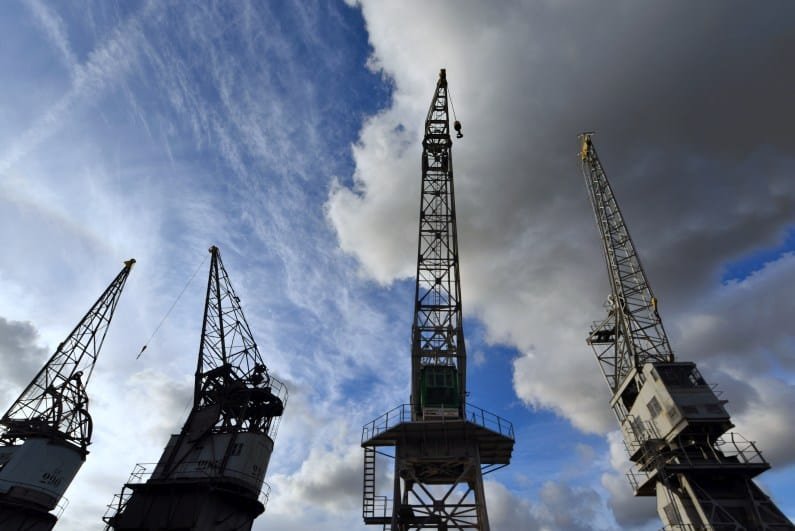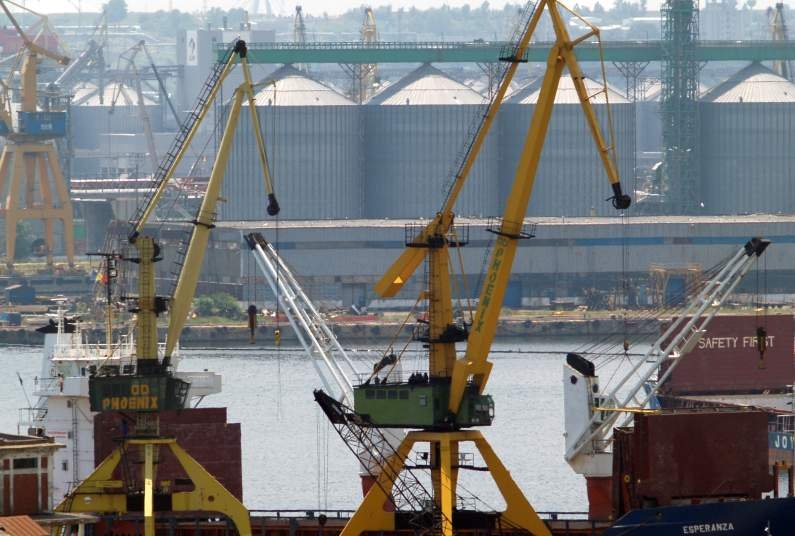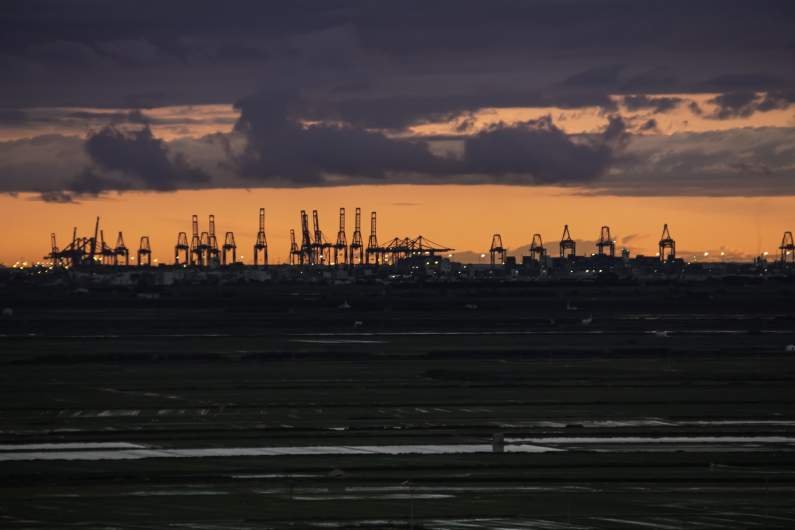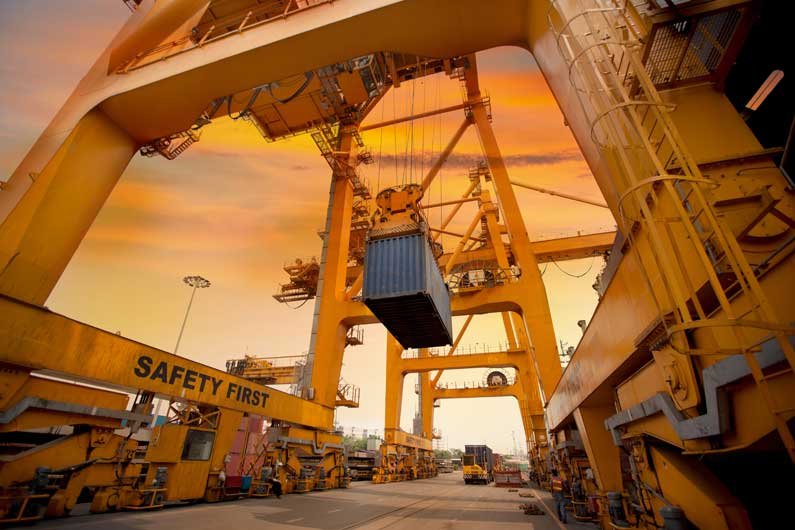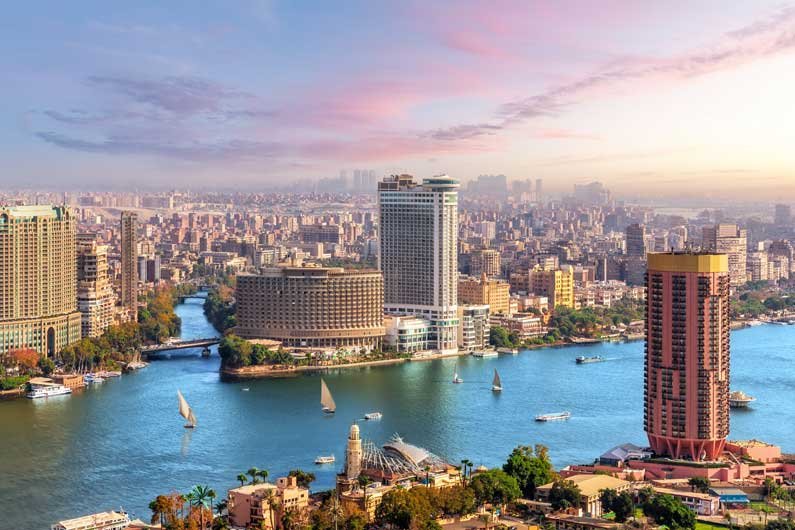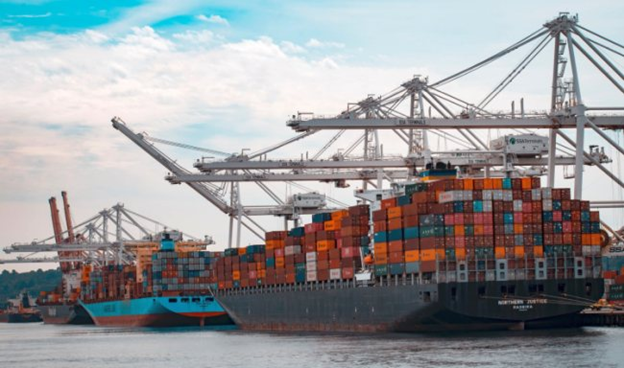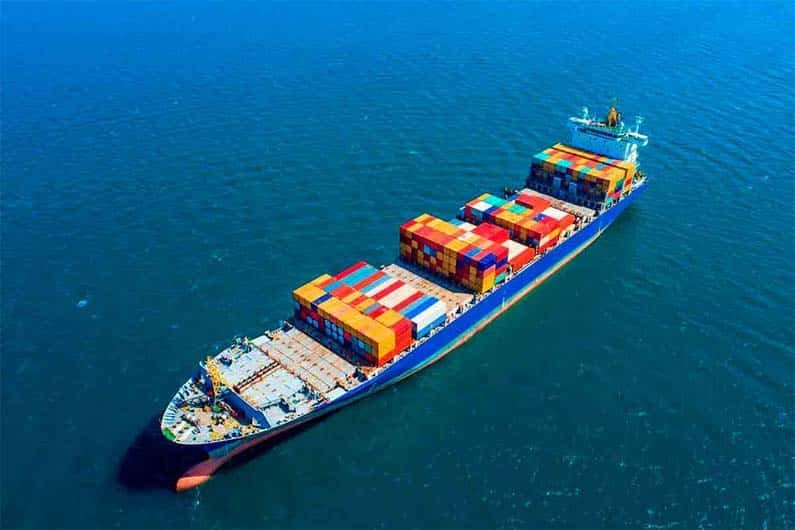When you’re exporting cargo, you might overlook the responsibility of a freight forwarder and assume that you only need two things:
- A shipping line to move your freight overseas.
- An export declaration to clear it with U.S. Customs.
That’s why many shippers contact a freight forwarder only to file their US Export clearance (AES filing) or Electronic Export Information (EEI), and then try to book cargo directly with an ocean carrier.
It seems like a shortcut. But it’s actually one of the riskiest moves you can make in global shipping.

What Is the Responsibility of a Freight Forwarder?
A freight forwarder is far more than a paperwork middleman.
The Responsibility of a Freight Forwarder Includes:
- Plan the best route and schedule for your cargo.
- Arrange and forward your shipment through the various means of transportation from start to finish.
- Reserve space with a truck, ocean, or air (sometimes all three in one shipment) with carriers who can handle your shipment.
- Oversee export packing to protect equipment.
- Provide cargo insurance in case something goes wrong.
- Act as your single point of contact so you don’t have to manage multiple suppliers.
Without a forwarder, you’re juggling all those tasks yourself, and one tiny mistake can translate into missed deadlines, onerous detention fees by the ship line, roll fees from the ship lines and the terminals, demurrage fees by the port, and heavy fines from the government.
The Risk of Doing Only the Filing
Sometimes unsophisticated exporters only request the AES/EEI filing from a forwarder. This is a mistake.
It seems to mean that one saves on costs by getting the forwarder to “clear” the export shipment and then to get the shipping line to handle only the freight.
Here’s the real issue: when amateurs try to do the work of professionals, it’s not just risky, it’s costly. There are countless ways things can go wrong, and in most cases, it’s what you don’t know that ends up hurting you.
If your paperwork isn’t accurate, if details are misreported (even by mistake), if your timeline slips, or if your process is incomplete, you are fully responsible.
U.S. Customs doesn’t care why it happened; their job is to enforce regulations, not to make exceptions.
And here’s the part many overlook: mistakes directly hit your bottom line.
Shipping lines profit more when errors occur because delays, penalties, and storage fees generate extra revenue for them. And it’s a dirty little secret in shipping that the carriers make FAR GREATER profit margins from detentions and delays caused by the customer than they do in their actual main line of work. In other words, every misstep is money out of your pocket and into theirs. That’s why using a professional service isn’t just about avoiding headaches; it’s about protecting your profits your merchandise, and yourself.
Risks Overview
- Customs fines in the thousands.
- Detention, storage, and demurrage fees in the thousands.
- Cargo is held hostage at the port.
- Delayed delivery to your buyer.
- Even seizure of goods in serious cases.
That’s why breaking up the process, paperwork with one company and booking with another, often costs you more. You might save a few dollars if it is done correctly, but the risk of doing it badly is very high, and the penalties for doing it badly are astronomical.
Why Compliance Matters
Export filings are not simple forms. They are legal declarations.
Incorrectly entered tariff codes, quantities, or details in an AES filing can trigger investigations or penalties.
For high-value cargo like heavy machinery, oilfield rigs, or aerospace equipment, mistakes are not just expensive; they can damage your company’s reputation with both U.S. Customs and your customers overseas.
The responsibility of a freight forwarder is to make sure your Electronic Export Information is filed correctly, reducing risk and keeping you compliant.
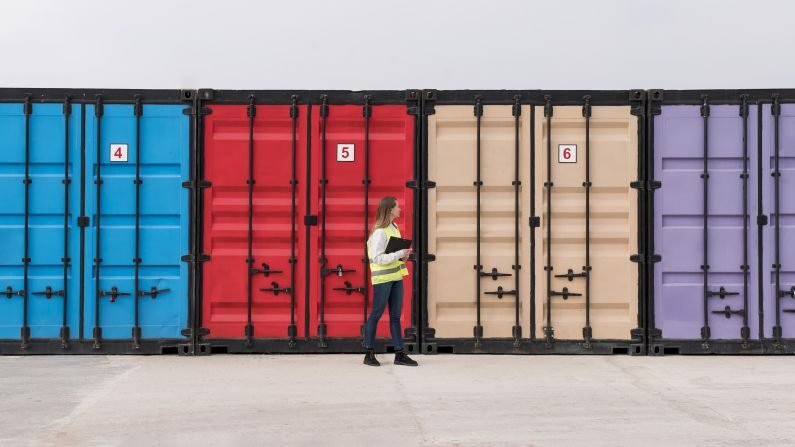
Why is Storage at the Ports So Expensive?
The truth is, ports and airports don’t even like to call it “storage” because it isn’t meant to be a service; it’s meant to be punitive.
These charges are designed to push cargo out of the terminals as quickly as possible, and if you miss the tight window for pickup, the costs escalate fast.
Every extra day your shipment sits, you’re hit with mounting fees that can quickly surpass the value of the goods themselves. It’s not a convenience charge; it’s a penalty system, and the longer your cargo is stuck, the more the ports profit while your bottom line suffers.
One-Stop Forwarding = Peace of Mind
When a forwarder manages the entire shipment, you don’t have to worry about something slipping through the cracks.
From trucking to packing, documentation to delivery, every step is coordinated.
Texas International Freight offers
- Ocean freight for containerized and breakbulk shipments.
- Air freight for urgent deliveries.
- Heavy haul trucking for oversized cargo.
This end-to-end service makes exporting safer, smoother, and less stressful.
From Michael Dyll, President of Texas International Freight:
“I’ve seen carriers penalize shippers heavily when mistakes happen. A container shipment might normally cost around $3,500, but if the export declaration isn’t filed before the cargo reaches the port, the shipment can’t load. The carrier then charges a ‘roll fee’ of about $200–$300, plus detention fees that quickly escalate: $100 per day for the first three days, $150 per day for the next three, and $200 per day after that. In just one week, those penalties can reach $1,150—roughly one-third of the shipment’s original cost. To make matters worse, carriers often send payment demands from no-reply addresses, delay communication, and show little willingness to resolve issues. It’s almost as if the system designed to profit from errors. In 2023 one shipping line was fined $1.7 million for using coercion to impose improper demurrage and detention fees.”
A Real Example
Imagine you’re shipping a crane from Houston to the Middle East.
You’ll need:
- Correct AES filing.
- Special packing for oversize parts.
- Heavy-haul transport to port.
- A vessel that accepts breakbulk cargo.
But within these steps are more narrowly defined steps. And within those more narrow steps, there are subsets and decision trees.
If you try to coordinate this on your own and miss one step, the entire shipment could sit at the port for weeks. It can even be rejected and have to return to its origin, but only after having to pay high port fees to release the freight.
With a freight forwarder managing everything, the crane is delivered on schedule, and you avoid a very costly logistical nightmare.
Key Takeaway
A freight forwarder isn’t just another cost in the supply chain.
We are your safeguard against the hidden risks of international trade.
Yes, you can book your own cargo and file your own export declaration. But the risks are big, and the consequences are costly.
By working with a forwarder like Texas International Freight, you gain:
- Compliance with export laws.
- Smooth coordination of all logistics.
- Protection for your cargo and your reputation.
👉 Contact Texas International Freight to get peace of mind on your next shipment.
FAQ
1. What’s the difference between a carrier and a freight forwarder?
A carrier moves cargo between ports. A forwarder handles the full process, including booking, paperwork, trucking, and customs.
2. Can I file AES myself?
Yes, technically, but it’s not advisable. But one can also technically do a root canal on oneself.
3. Why shouldn’t I split services?
When you use one company for filing and another for shipping, gaps appear. Forwarders close those gaps.
4. Who benefits most from not using a forwarder?
The only companies that might benefit are those whose core business already involves constant shipping and who are large enough to maintain a full-time logistics team with deep knowledge of export compliance. Even then, many of these companies still rely on forwarders because the work is so specialized and the risks of handling it alone are high. The most sophisticated companies in the world hire freight forwarders to do work that they may have the technical expertise to do in-house. But because they are so sophisticated and knowledgeable, they know better than to attempt it themselves.


